HotSpots H2O: Despite Peace Deal, Water Scarcity Worse Than Ever in South Sudan
The Rundown
Last September, South Sudanese president Salva Kiir and rebel leader Riek Machar signed a peace deal ending the country’s five-year civil war. The deal halted most fighting, but the country remains in shambles, and the number of South Sudanese citizens facing food and water insecurity continues to grow. For one village the nearest functioning well is eight hours away by foot.
As the civil war winds down, other conflicts emerge in the young country. Like many African nations, resource shortages have driven a spike in farmer-herder conflict. The United Nations recently held a conference between farmers in South Sudan’s Aweil region and the nomadic people of Reziaghat, Sudan. The two groups spar annually, mainly over water. The UN conference sought to establish migration routes and included recommendations for peaceful coexistence. The country’s dry season, when migration takes place, typically lasts from January through June.
“We need water, food, health care facilities, just about everything. I know of at least 10 people who died from hunger last year, and yet more from thirst.” –Elizabeth, a resident of rural South Sudan, in reference to ongoing resource shortages in the country.
“This issue of water should be taken seriously because it is the cause of conflict.” –Mel Bol Mel, the deputy administrator of Rumaker, South Sudan, in reference to farmer-herder conflict in northern South Sudan.
By the Numbers
7.1 million Residents of South Sudan who are in need of humanitarian assistance in 2019, according to the United Nations.
5.2 million Residents of South Sudan who are facing food insecurity.
4 million South Sudanese citizens who were internally and externally displaced during the country’s civil war.
On the Radar
As government rebuilding operations falter, aid organizations are trying to fill the gap, but chronic funding shortages are slowing efforts. Humanitarian groups fear funding may worsen further now that a tenuous peace has been established.
Resources and Further Reading
In context reporting from Circle of Blue: HotSpots H2O, October 8: Millions in South Sudan Rely on Distant, Dirty Water Sources
Farmers and cattle keepers work to overcome conflict caused by lack of water resources in Aweil (ReliefWeb)
South Sudan’s civil war may be over, but the need for humanitarian funding is ever more urgent (The Independent)
Kayla Ritter is a recent graduate of Michigan State University, where she studied International Relations and Teaching English to Speakers of Other Languages. She is currently based in Manton, Michigan. Kayla enjoys running, writing, and traveling. Contact Kayla Ritter

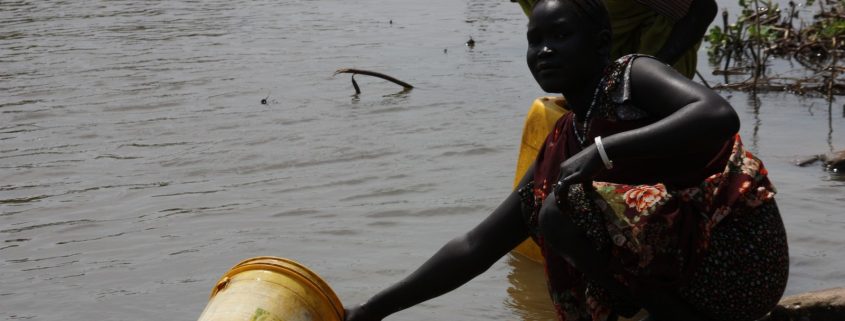

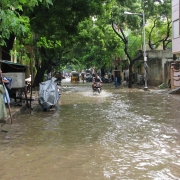
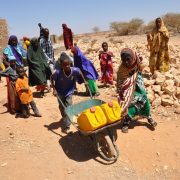
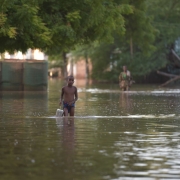
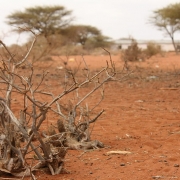
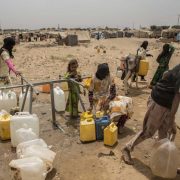
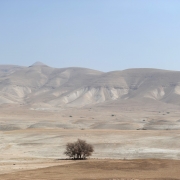


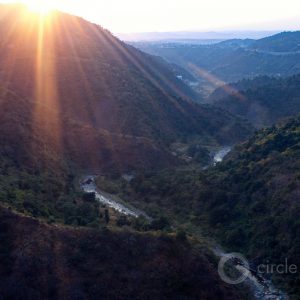

Leave a Reply
Want to join the discussion?Feel free to contribute!